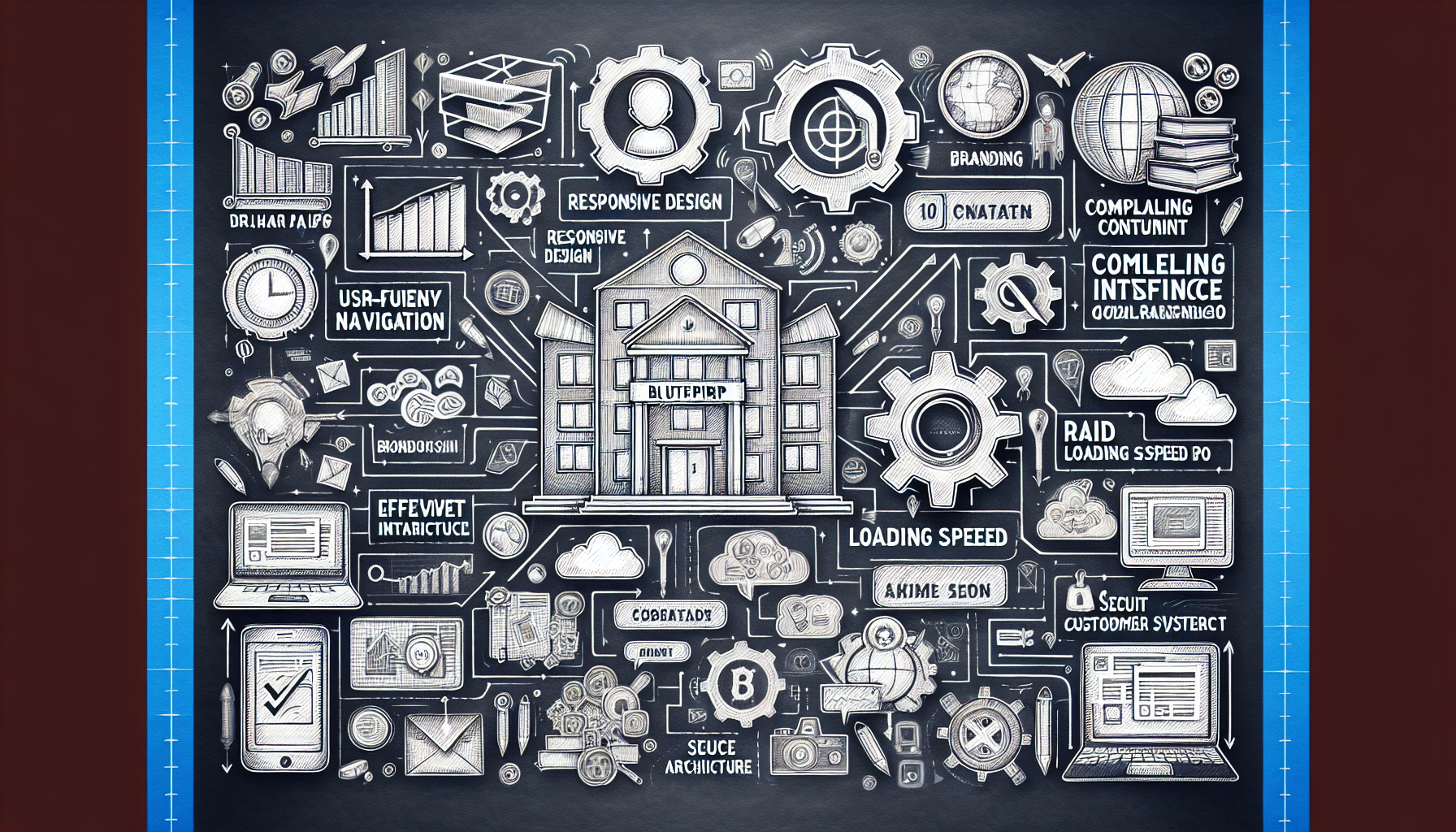Understanding the Importance of Website Security
You may be wondering why website security is important. In today’s digital age, protecting your online information is crucial to safeguarding your personal and sensitive data from cyber threats.
Protecting Personal Information
Ensuring website security helps protect your personal information such as your name, address, email, and credit card details from falling into the wrong hands. By implementing robust security measures, you can prevent unauthorized access and keep your data safe and secure.
Safeguarding Financial Information
Website security is essential for safeguarding your financial information. Hackers and cybercriminals are constantly looking for vulnerabilities to exploit and steal sensitive financial data. By securing your website, you can prevent financial fraud and protect your online transactions.
Building Trust with Customers
Having a secure website instills trust and confidence in your customers. When visitors know that their information is safe and protected on your website, they are more likely to engage with your business, make purchases, and share their personal information. Building trust with your customers is essential for establishing long-term relationships and fostering loyalty.
Common Website Security Threats
Understanding the common website security threats can help you identify potential risks and take proactive measures to protect your website from cyber attacks.
Malware Infections
Malware infections are one of the most common website security threats. Malware can infect your website through vulnerabilities in software, plugins, or user error. Once installed, malware can steal sensitive information, disrupt website functionality, and damage your reputation.
Phishing Attacks
Phishing attacks involve tricking users into sharing their personal information by posing as a legitimate entity. Phishing emails, fake websites, and social engineering tactics are common methods used in phishing attacks. By educating yourself and your team about phishing threats, you can prevent falling victim to these deceptive tactics.
Brute Force Attacks
Brute force attacks involve automated attempts to guess passwords and gain unauthorized access to your website. Weak passwords and lack of account lockout policies make websites vulnerable to brute force attacks. Implementing strong password policies, multi-factor authentication, and limiting login attempts can help protect your website from brute force attacks.
SQL Injection
SQL injection is a type of cyber attack that targets websites with vulnerable SQL databases. Attackers can inject malicious SQL code into web forms, URLs, or database queries to gain unauthorized access to sensitive data. Regularly updating software, using parameterized queries, and input validation can help prevent SQL injection attacks.
Best Practices for Securing Your Website
Securing your website requires a multi-layered approach to protect against various threats and vulnerabilities. By implementing best practices for website security, you can minimize risks and enhance your overall cybersecurity posture.
Use Secure Sockets Layer (SSL) Encryption
SSL encryption helps protect data exchanged between your website and users by securing communication channels. SSL certificates establish a secure connection and encrypt sensitive information such as passwords, credit card details, and personal data. Installing an SSL certificate is essential for building trust with your visitors and protecting data privacy.
Keep Software and Plugins Updated
Regularly updating your website’s software, plugins, and themes is crucial for addressing security vulnerabilities and patches. Outdated software can create entry points for cyber attackers to exploit and compromise your website. By staying up to date with the latest software releases, you can protect your website from known security risks.
Implement Firewalls and Intrusion Detection Systems
Firewalls and intrusion detection systems provide an additional layer of defense against unauthorized access and malicious activities. Firewalls monitor incoming and outgoing traffic to detect and block suspicious behavior, while intrusion detection systems analyze network traffic for signs of potential threats. By deploying firewalls and intrusion detection systems, you can identify and respond to security incidents in real-time.
Backup Your Website Regularly
Backing up your website data regularly is essential for mitigating the impact of security incidents such as malware infections or data breaches. In the event of a cyber attack or website compromise, having up-to-date backups can help you restore your website quickly and minimize downtime. Consider implementing automated backup solutions and storing backups off-site for added protection.
Enforce Strong Password Policies
Strong passwords are essential for protecting user accounts and preventing unauthorized access to your website. Encourage users to create complex passwords with a combination of letters, numbers, and special characters. Enforce password expiration policies, implement password strength meters, and educate users about the importance of password security to enhance the overall security of your website.
Conclusion
In conclusion, website security is crucial for protecting your personal and sensitive information, safeguarding financial data, and building trust with customers. Understanding common website security threats, implementing best practices for securing your website, and staying vigilant against cyber attacks are essential steps towards enhancing your online security posture. By prioritizing website security and investing in robust security measures, you can create a safe and secure online environment for yourself and your website visitors. Take proactive steps today to secure your website and defend against potential cyber threats.










